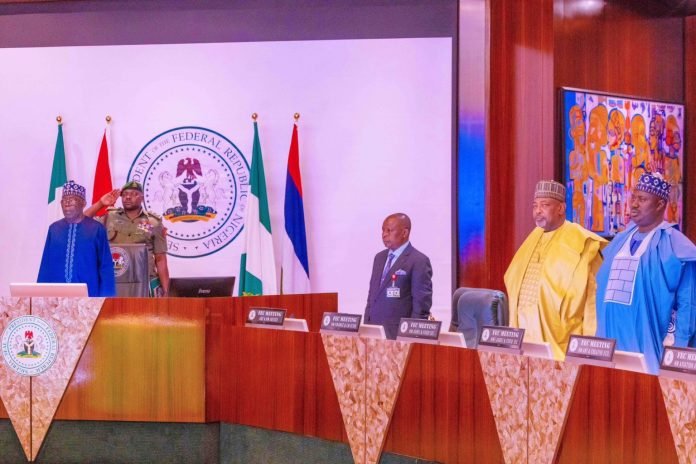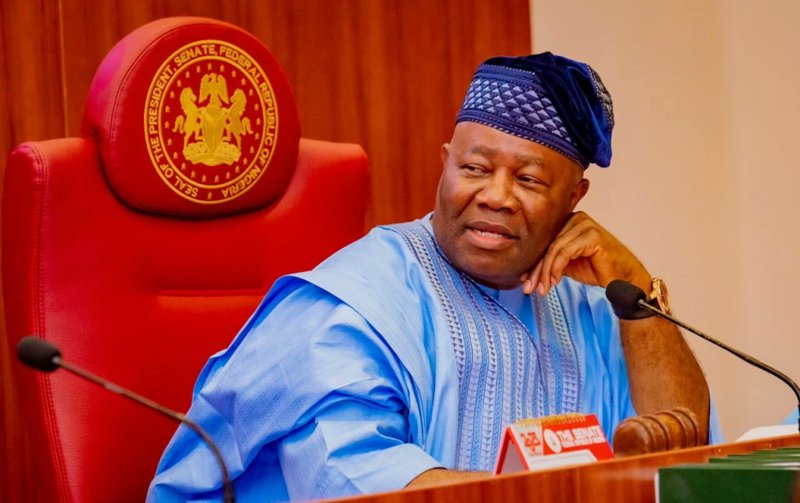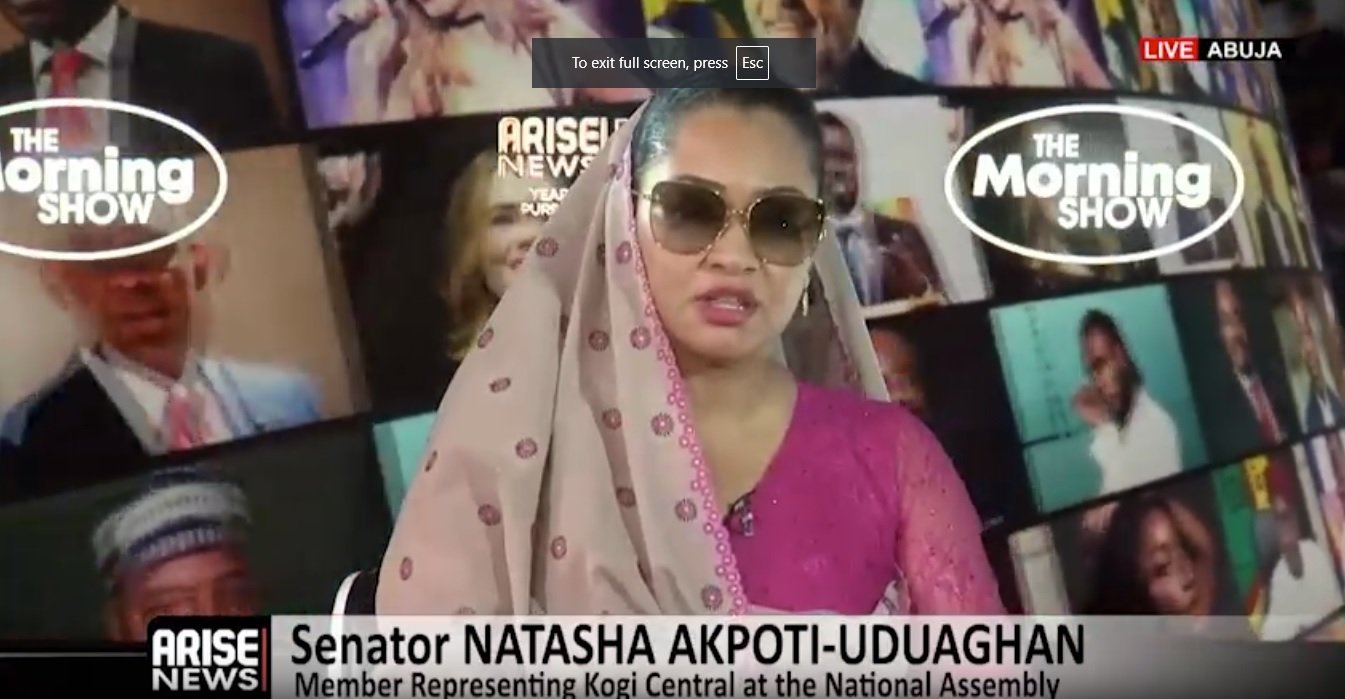Nigeria’s President Bola Tinubu has granted junior cabinet ministers autonomy in overseeing agencies and parastatals under their portfolio.
In Nigeria’s ministerial structure, most ministries have a substantive minister and a minister of state, who are considered junior ministers who report to the senior minister. The junior minister portfolio may have been created to accommodate more ministers than available ministries, allowing for political paybacks after a party takes office.
Previously, ministers of state had limited administrative control, with files sent by permanent secretaries to senior ministers. However, with the new directive, ministers of state can now grant essential administrative approvals and make decisions on governance matters directly affecting agencies under their purview.
This change aims to utilize the expertise and capabilities of these ministers, addressing Tinubu’s concerns about their underutilization.
According to an official from the office of the head of service of the federation, President Tinubu expressed dissatisfaction with the old framework, noting it left ministers of state with limited practical authority despite their titles.
“The president was not pleased with the prevailing governing framework in which ministers of state were just ministers in name. The president believes ministers of state should have the right to make decisions and direct action within their areas of responsibility,” the official stated.
Hadiza Bala Usman, Tinubu’s special adviser on policy coordination, recommended this policy shift and is receiving immediate presidential support.
Nigeria’s cabinet comprises 52 members, including 16 ministers of state, in ministries such as agriculture, defense, education, health, petroleum, foreign affairs, and more. Recently, President Tinubu sacked five ministers and appointed seven new ones.
Comment, Like 👍, share this article, and Follow us on our social media handles.







